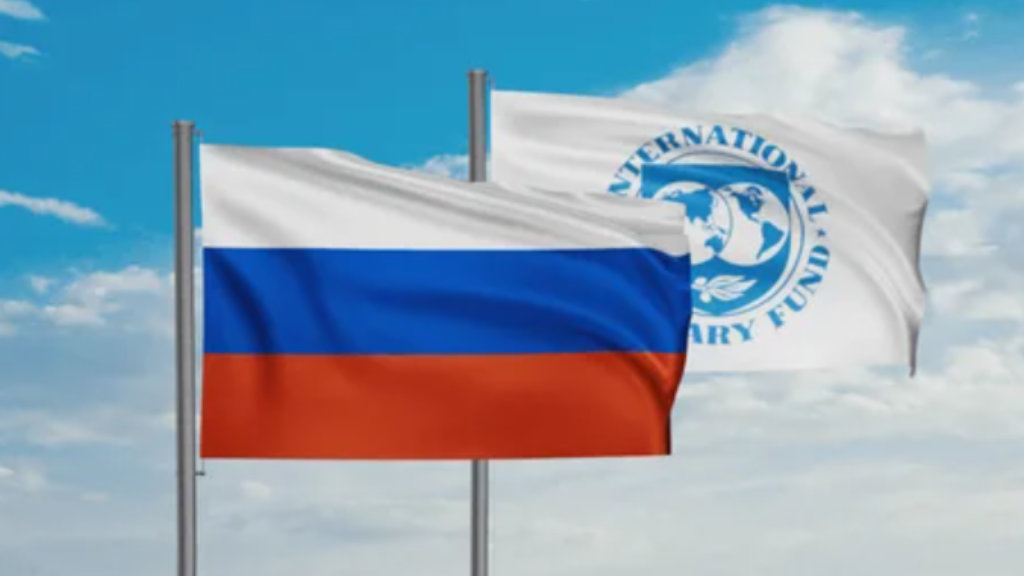Update – September 18
Alexsei Mozhin, the IMF’s executive director for Russia, has stated that the IMF’s leadership has now scrapped plans to begin a review of the Russian economy this week, because the mission was “technically not ready”. The IMF is understood to have come under pressure from European member states not to visit Russia.
The International Monetary Fund (IMF) will send staff to Moscow next week to review the Russian economy for the first time since the conflict with Ukraine, and imposition of Western sanction.
Officials of the Washington-based organisation will travel to the Russian capital and meet Russian economic officials prior to publishing an assessment of the Russian economy and providing recommendations about how the Kremlin might improve its economic handling and tackle issues such as the climate crisis.
The IMF said it was a “mutual obligation” to carry out an article IV review of a member country and the process was only suspended because of the volatility of economic data. The situation in Russia was now “more settled”. The IMF’s article IV states that “The IMF shall hold bilateral discussions with members, usually every year. A staff team visits the country, collects economic and financial information, and discusses with officials the country’s economic developments and policies.” Russia has been a member of the IMF since 1992.
Several European countries have protested against the IMF’s plans, saying it would damage the reputation of the IMF to resume dialogue with a country that had invaded another, although when this had previously occurred in other conflicts involving European nations such a complaint was not made. On the other hand, it may provide Washington with useful information about how Russia is really dealing with sanctions amongst all the partisan hype.
According to the latest data from Moscow’s Federal State Statistics Service, Russia’s economy grew by 4% in Q2 2024. Much of the expansion was in the manufacturing sector, where factory output is partially related to the Ukrainian conflict, but not exclusively. Other factors include Russian manufacturers stepping into market gaps vacated by Western firms, and a very specific government drive to boost exports to Asia. Additional steps such as the creation of Free Trade Zones and tax incentives have also helped.
Foreign analysts looking at Russia have limited intelligence resources to examine the Russian economy as many analytical firms left Russia leaving gaps in data analysis, resulting in their own statements often being coloured by Western political rhetoric. An example was the predicted collapse of the ruble, a situation that did not occur.
An IMF spokesperson said at a press briefing in Washington that “The IMF and all of our member countries have a mutual obligation to conduct Article IV consultations. This obligation is in our Articles of Agreement. In the case of Russia, since 2022, the economic situation has been exceptionally unsettled, which has made it difficult to anchor Article IV consultations, especially thinking about the outlook and policy frameworks for both the near and the medium term. Now that the economic situation is more settled, Article IV consultations with Russia are resuming, in line with the legal obligations of both the IMF and the member country.”
Further Reading
- National Development Plans & Russia To Become World’s Fourth Largest Economy By 2030
- Burning Down The House: How European Politicians Have Collapsed The European Economy

 Русский
Русский













